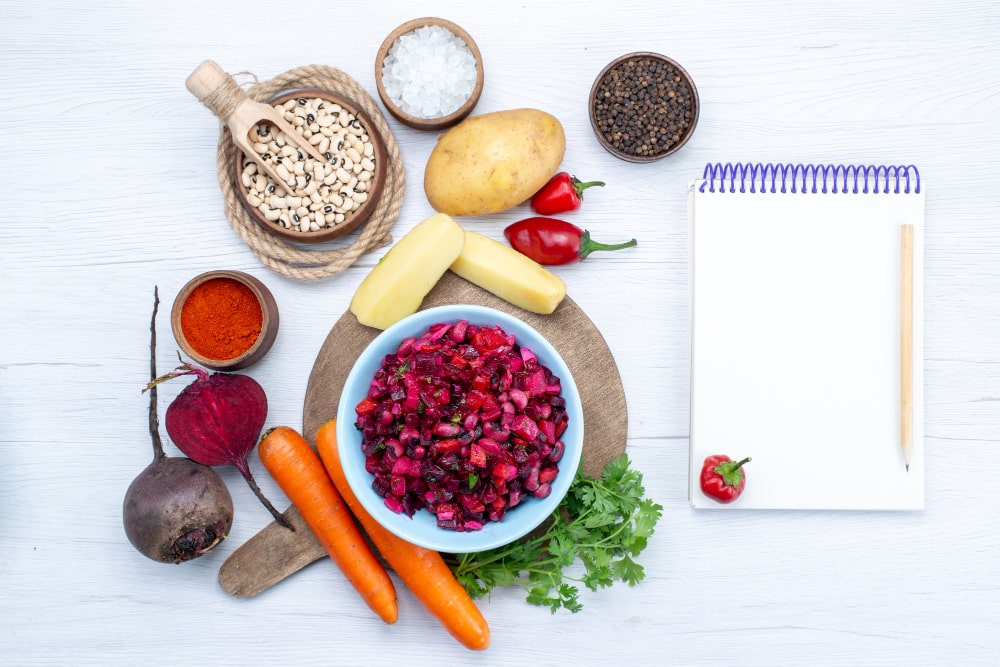- Mon – Sat : - 8:30 AM - 9:30 PM

A naturally occurring waste product, uric acid is created when the body breaks down purines, which are also produced by the body and can be found in some foods. While tiny amounts of uric acid are normal and quickly eliminated through the urine, high levels can cause kidney stones and gout, among other health issues. To assist you better understand high uric acid levels and how to treat them, we will explore the symptoms, causes, Treatment and Diet of this illness in this blog post.

Joint pain, especially in the big toe, is one of the most typical signs of elevated uric acid levels. This pain frequently resembles gout symptoms since it can be abrupt, severe, and accompanied by redness and swelling.
High uric acid levels can cause kidney stones to form, which can cause excruciating back or belly pain along with nausea and vomiting.
Urate crystal deposits under the skin, usually around gout-affected joints, are known as tophi. These deposits can hurt and inflame the area beneath the skin, resembling lumps.
Eating foods strong in purines, like organ meats, shellfish, red meat, and some kinds of seafood, might raise blood levels of uric acid. Furthermore, consuming too much alcohol—especially beer and spirits—can cause the body to produce more uric acid.
Some people may be more prone to gout-causing disorders due to a genetic tendency to excessive uric acid levels.
Having too much body fat might cause the body to produce more uric acid and less excrete it through the kidneys, which can result in elevated uric acid levels.
Elevated uric acid levels can also be caused by a number of medical disorders, such as kidney disease, diabetes, metabolic syndrome, and hypertension.
A low-purine diet can assist in lowering the body’s uric acid levels. This entails consuming fewer purine-rich foods, such as organ meats, seafood, and red meat, and consuming more low-purine foods, such as whole grains, fruits, vegetables, and low-fat dairy products.
Maintaining adequate hydration is crucial to encouraging uric acid excretion in the urine. By staying hydrated throughout the day, you can lessen your chance of developing kidney stones and stop uric acid crystals from forming.
Medication may be recommended to reduce uric acid levels or relieve gout symptoms in situations where dietary and lifestyle changes are insufficient. These could include drugs that either encourage the excretion of uric acid (like probenecid) or limit its synthesis (like allopurinol).
Reducing uric acid levels can be achieved by losing weight through food and exercise, particularly in those who are obese or overweight.
Blood tests should be used to monitor the levels of individuals with high uric acid levels so that medication can be modified as needed.
In summary, elevated levels of uric acid can result in a number of health issues, such as kidney stones and gout, but these consequences can be reduced or avoided entirely with appropriate care and treatment. Through dietary and lifestyle modifications, proper hydration, and seeking medical advice when needed, people can effectively control their uric acid levels and lower their chance of developing related health problems. For a precise diagnosis and individualised treatment plan, it’s critical to speak with a healthcare provider if you suffer from symptoms of elevated uric acid, such as kidney stones or joint discomfort. Book an appointment with Al Sherouq Medical Center Sharjah UAE

Eating less purine-rich food will help lower uric acid levels and lower the risk of related health issues including kidney stones and gout. The following foods should be limited or avoided:
You can help lower uric acid levels and lessen the risk of consequences associated with high uric acid, such as kidney stones and gout, by restricting or eliminating these high-purine foods and choosing a better diet. Recall to stay hydrated, keep a healthy weight, and seek medical advice for individualised treatment regimens and dietary suggestions.